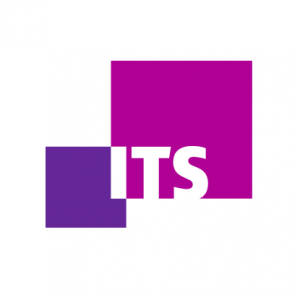Brazil’s Path to Wealth Through Renewable Energy for AI
Column by Ronaldo Lemos published in Folha de São Paulo.
published in
3 de December de 2024
categories
theme
Data centers alone will consume 4.5% of the planet’s energy by
2030.
Brazil has a clear path to tapping into the wealth generated by artificial
intelligence: power and electricity. More specifically, renewable energy.
In recent months, the world has watched in awe as NVIDIA, the company
producing chips for AI, has seen its market value skyrocket by $2.7 trillion
over 18 months – surpassing Brazil’s GDP in 2023.
Artificial intelligence rests on two pillars: chips and electricity. AI without
chips is impossible; chips without electricity are lifeless silicon. In 2023,
Nvidia shipped 100,000 chips, consuming 7.3 TWh of energy. This
demand is expected to grow exponentially by 2026, potentially multiplying
by ten.
This trend is already becoming a reality. Google’s latest annual climate
impact report reveals a 48% increase in greenhouse gas emissions over
the last five years, with a 13% spike in 2023 alone, reaching 14.3 million
tons annually. This surge is driven by energy consumption in AI data
centers.
However, these figures are unsustainable. Ramping pollution to fuel AI
services defies logic, especially considering that data centers alone will
account for 4.5% of global energy consumption by 2030.
In this context, the demand for renewable energy will soar, just like the
demand for Nvidia’s chips. Brazil is exceptionally well-positioned to meet
this need. In 2023, 93.1% of the energy produced in Brazil came from
renewable sources (according to CCEE, the Electric Energy Trading
Chamber). Brazil boasts 203 GW of installed capacity and 85 GW in future
projects, all of which are renewable (per data from Aneel, the Brazilian
Electricity Regulatory Agency).
Brazil can attract data centers by offering local renewable energy
(through “powershoring”). Alternatively, this energy can be exported to
power industries on other continents. Accelerating the National Hydrogen
Program (PNH2), which converts renewable energy into exportable
hydrogen, is crucial.
Last Wednesday, the Senate passed Bill 2.038, establishing the legal
framework for hydrogen in Brazil. This is a landmark piece of legislation,
not just for Brazil but possibly for the world, as it tackles a critical
structural issue for AI.
This is the first step toward directly benefiting from AI’s growth by
providing clean energy. Brazil can become the “Nvidia of renewable
electricity.” But this requires swift and strategic action.
Certification is key: we must ensure that the energy supplied is genuinely
clean and renewable. CCEE is working on this task, developing a platform
to trade renewable energy certificates (I-RECs), green hydrogen, and other
products. Its database will also prevent duplicate certification, avoiding
the pitfalls of greenwashing.
This is an unparalleled opportunity for Brazil. Google has pledged to
achieve zero carbon emissions by 2030 but is struggling to meet this
goal. Brazil must step up and solidify its position as the world’s largest
supplier of certified clean energy. This is one of the defining missions of
our generation.
What’s out: The outdated belief that AI won’t benefit Brazil economically.
What’s in: Recognizing that Brazil could become the world’s top supplier
of renewable energy.
What’s next: Seizing this opportunity rapidly, not just for AI, but for other
industries like aviation, steel, and fertilizers.

